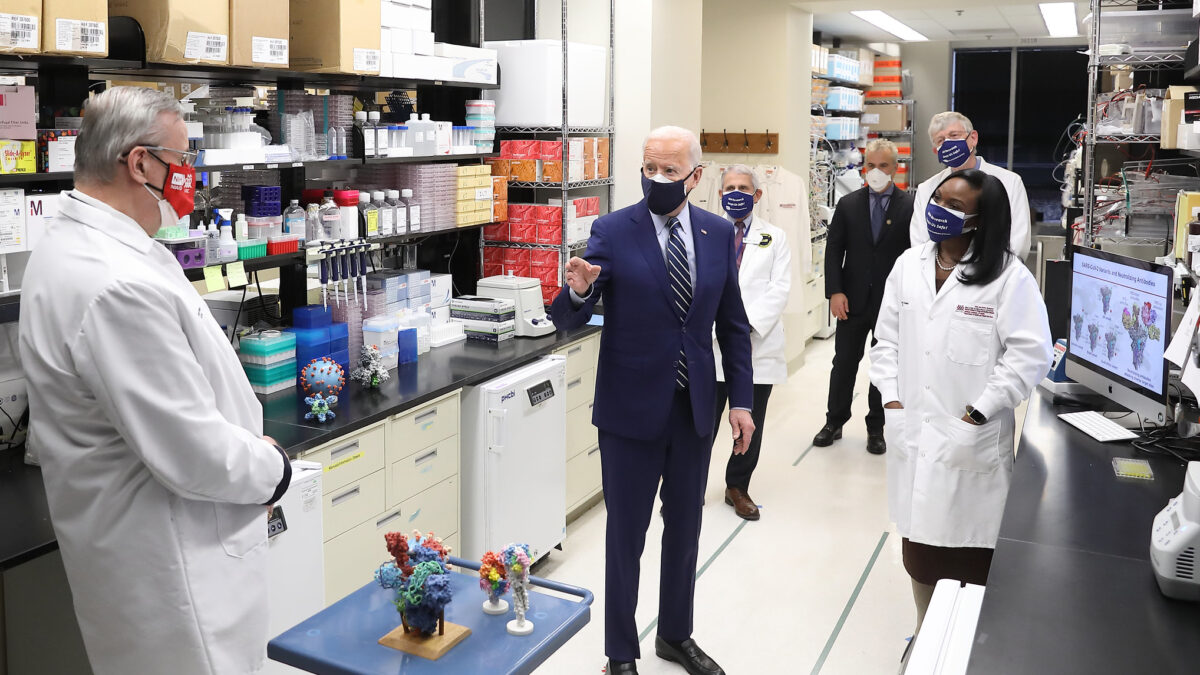
Lisa* was a senior in high school, the first in her family who would graduate. She was a strong student and the “good girl” among her many siblings, so expectations were very high for her. Lisa was visibly terrified when she came to our office asking for a pregnancy test. When she learned of the positive result, she felt abortion was her only option.
We educated her about the importance of first being sure she was dealing with a live pregnancy, so she and her boyfriend came back in for an ultrasound. He was supportive of her carrying to term and them parenting their child.
But Lisa was afraid of her parents’ reaction. Rightfully so. They were angry when they found out she was pregnant, and kicked her out of the house. A friend offered her a place to live, and she graduated from high school with honors. Her parents didn’t come to graduation.
In the first few months of the pregnancy, Lisa probably came to our office once a week. She needed a safe place to talk, a place where she could take her time. She needed to be heard, and she needed to think things through to process this life-changing decision.
Many months later, Lisa returned to our office with a beautiful baby boy in her arms. She and the father plan to marry. Her relationship with her parents has been restored, and they adore their grandson. She told us, “I can’t believe he is mine.” This is a girl who was very sure that abortion was her only choice.
When a woman wonders if she might be pregnant, regardless of her age or circumstances, she faces change, and has one of three hard choices to make: she can carry her baby to term and be a parent; she can carry to term and make an adoption plan; or she can have an abortion. Emotions can range from extreme happiness to feeling unsettled to crippling fear.
For women who feel abortion is your only choice, here are some important guidelines to help in deciding your next steps.
1) Find a Safe Place to Talk with Someone
A safe place is where no one has a financial interest in the decision that you make. It is a place where you are safe to talk freely without judgment, pressure, or coercion. A safe place will give you the time that you deserve to process.
Google “pregnancy care center near [your city]” to find a safe and confidential place close to you.
2) Take a Pregnancy Test—Twice
Take a pregnancy test, and if you do one at home that yields a positive result, have it confirmed. Some women assume they are pregnant and begin considering an abortion before they know they have a positive pregnancy test. They might “feel” like they are pregnant, and immediately call an abortion clinic.
3) Make Sure You Have a Live Intrauterine Pregnancy
A positive pregnancy test alone is not enough information to determine if you should have an abortion. Many pregnancies do not develop, and end in miscarriage. If you do not have a live intrauterine pregnancy, you do not need to consider an abortion.
You may not have a live pregnancy, but may have symptoms of pregnancy rather than miscarriage. If you are considering an abortion, an ultrasound is a due-diligence next step following a positive pregnancy test result.
An ultrasound will tell you two critical pieces of information: how far along you are, which would determine what kind of abortion procedure you may have; and if you have a live intrauterine pregnancy. Make sure you have a live intrauterine pregnancy before you put yourself through the financial, physical, and emotional experience of abortion.
4) Consider All Three of Your Options Equally
Every woman has three options to consider for a pregnancy. She can carry to term and parent her child, she can carry to term and make an adoption plan for her child, or she can have an abortion.
All three choices are life-changing, and all of them hard. No matter how unlikely any one of these scenarios may seem, you deserve to have the time to think through each one very thoroughly. You deserve to have the time and opportunity to understand the short-term and long-term effects of each of the three choices. No one should coerce or pressure you into a decision. You make the decision. You deserve to have complete information.
5) Find Out What to Expect from Abortion
Like any other medical procedure, there are physical risks and side effects associated with abortion. Many women experience emotional side effects, as well. Some places will tell you those are the result of “hormonal changes.” We know from working with women who have had abortions that these emotional side effects can still be felt even 40 years after a procedure. That isn’t someone’s hormones talking.
One of the most common things we have heard from post-abortive women is, “No one told me it was going to be like this.” That isn’t fair. You deserve to know the truth. You’re worth it. You can go here to get good information about abortion procedures, risks, and side effects.
6) Make Sure No One Is Pressuring You
It is against the law in all 50 states to force someone to have an abortion.
7) Know Your Legal Rights
Many states require a waiting period before you can have an abortion. Many states require that you be provided with certain information and offered an ultrasound with a thorough explanation of the age and development of the fetus, among other legal rights. Many states have laws about what kind of medical professional can perform an abortion. You deserve to know what the laws are in your state.
Go here to find the laws for your state.
8) Find Local Resources
Pregnancy care centers are all over the United States, and exist to provide a safe place for women to think. Most of them provide free pregnancy testing, free ultrasounds, and education on all three of your options. They are completely confidential. You are valuable, and you deserve time, information, and another person to think things through with who will not judge you, coerce you, or make any money from the decision that is yours alone to make.









